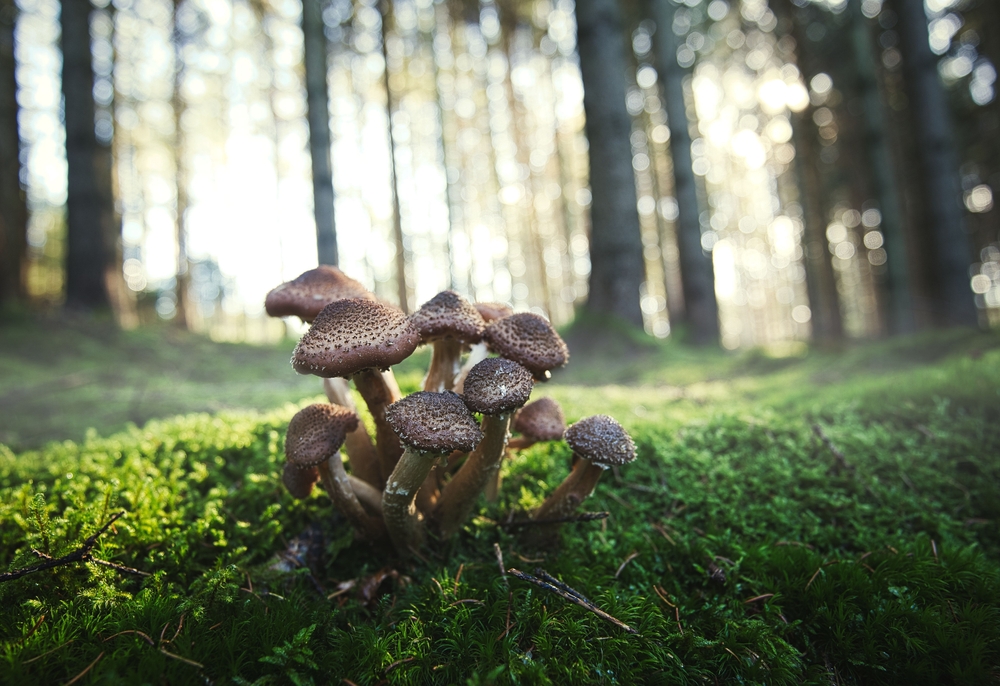Now Reading: 35,000-Ton Fungus: The World’s Largest Organism Faces Uncertain Future
-
01
35,000-Ton Fungus: The World’s Largest Organism Faces Uncertain Future
35,000-Ton Fungus: The World’s Largest Organism Faces Uncertain Future

Speedy Summary
- Largest Organism: The world’s largest organism is Armillaria ostoyae, known as the “humongous fungus,” located in oregon’s Malheur National Forest.
- Size and Age: This fungus spans 2,385 acres, weighs approximately 35,000 tons, and is estimated to be 8,650 years old.
- Growth Characteristics: Armillaria exhibits indeterminate growth that expands based on environmental conditions like decomposing wood in moist climates.
- Ecological Role: This organism is both a vital ecosystem decomposer and a pathogen capable of killing trees for sustenance.
- Competitors for title: Other potential contenders for the title of the largest organism include:
– Antarctic blue whales (the largest animal).
– “Pando” aspen forest in Utah (connected by one root system spanning 106 acres).
– A hybridized eelgrass meadow in Australia stretching across 111 miles.
Indian Opinion Analysis
The identification of Armillaria ostoyae as possibly the world’s largest organism highlights advancements in ecological research. Studies on such organisms are critical not only to understanding biodiversity but also ecological sustainability. In India’s context-the country being rich in fungal diversity-research on similar ecosystems might offer insights into managing deforestation while promoting decomposer-led nutrient recycling.
India’s densely populated landscapes face constant pressure from agricultural expansion and urbanization. Learning from entities like “humongous fungus,” which thrives by repurposing organic waste into energy usable by other organisms, could inspire innovations around sustainable land management practices. Moreover, philosophical debates surrounding what constitutes an “individual” organism remind us how interconnectivity shapes global ecosystems-a outlook that resonates with India’s tradition of harmonizing with nature.
Ultimately, deeper exploration into fungi’s role within Indian soil’s health may bolster agroecological practices vital to food security amid climate change challenges.
Read More: Link























